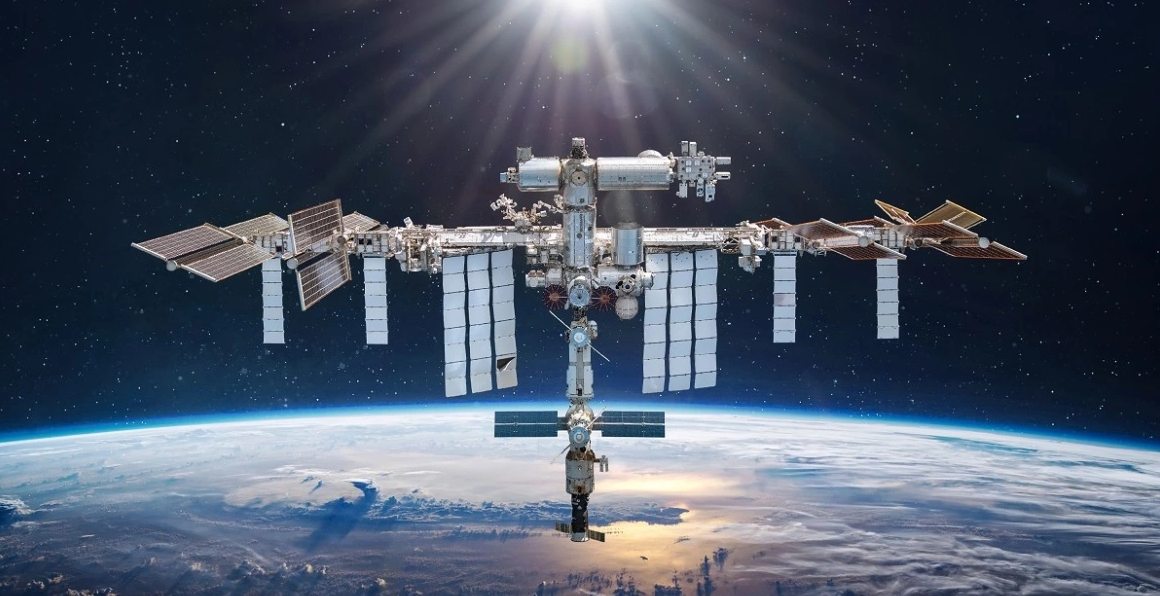The International Space Station (ISS) represents one of the most significant modern technological achievements, with its construction beginning in 1998 through the joint effort of various countries, including NASA, Roscosmos, ESA, and the space agencies of Canada and Japan.
This collaboration managed to overcome numerous political and cultural challenges to complete a long-term space exploration project.
The success of the ISS is reflected not only in its 25-year operational period, the 71 missions it has hosted, and the more than 270 astronauts it has welcomed but also in the numerous important experiments conducted across almost all scientific disciplines.
The ISS stands as a symbol of the “global effort” towards a better world, a legacy worth preserving.
However, the ISS is approaching the end of its operational life, with its retirement scheduled for 2030.
NASA has tasked Elon Musk‘s SpaceX with its decommissioning, directing it into a controlled descent towards Earth to a location in the Pacific Ocean referred to as”Point Nemo”.
This $843 million contract underscores the transition from international collaboration to a more private-centered approach in space exploration, promising missions that are more cost-effective and less burdened by bureaucracy.
Ask me anything
Explore related questions





